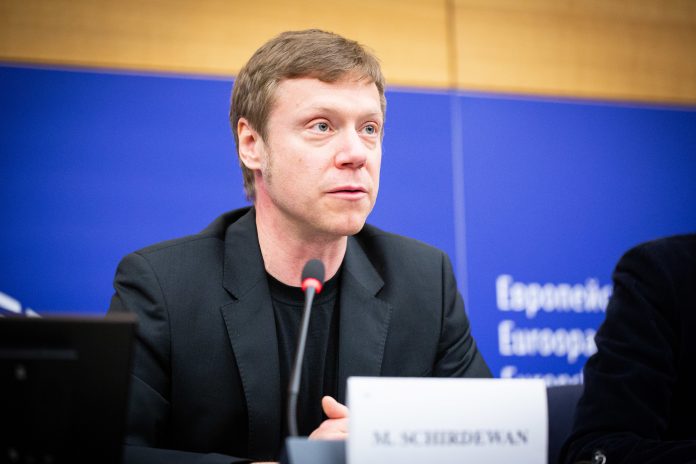The European Parliament has adopted its position on the Digital Markets Act (DMA) signifying an important step towards curbing the unfettered power of big tech.
The Left has made sure that in the future, interoperability – the ability of different digital products or services to interact and work with one another – will be improved. “Monopolies in the digital market are untenable for other businesses and consumers. In order to put an end to the lock-in effects of Facebook, WhatsApp and co., our amendments secured interoperability between messenger services and social media in the DMA negotiations,” said Martin Schirdewan (DIE LINKE, Germany). Under the proposals, personalized ads for minors will also be banned. However, for Schirdewan, the prohibition does not go far enough: “I welcome the ban on personalized advertising for minors. However, in order to end unethical business practices based on collecting our data, I am fighting for a full ban on tracking and personalised advertising. Only through interoperability and the end of this attention-seeking business model, can inequality in the digital market be eliminated.” In addition, MEPs voted for new rules that should ensure platforms are held accountable for their algorithms, that they get better at tackling illegal content, and improve content moderation. “Dark patterns” – used to influence consumers’ behaviour on the sly – will also be banned, spelling the end of annoying pop-ups requesting consent for user tracking. However, the Digital Markets Act fails to sufficiently protect internet users so pressure must be maintained so that the EU spearheads the fight against businesses profiting from surveillance and influence over thoughts,behaviours, sometimes even political choices. For The Left, the scope of the DMA should have been much broader: “The conservative proposal to limit the DMA to GAFAM (Google, Apple, Facebook, Amazon and Microsoft) plus a few exceptions is a major mistake. The DMA must cover all digital monopolies. To reorganise the digital single market. Big Tech’s unscrupulous business models need to be attacked. We have to put a stop to the profusion of hatred and violence on timelines”, Schirdewan concluded

